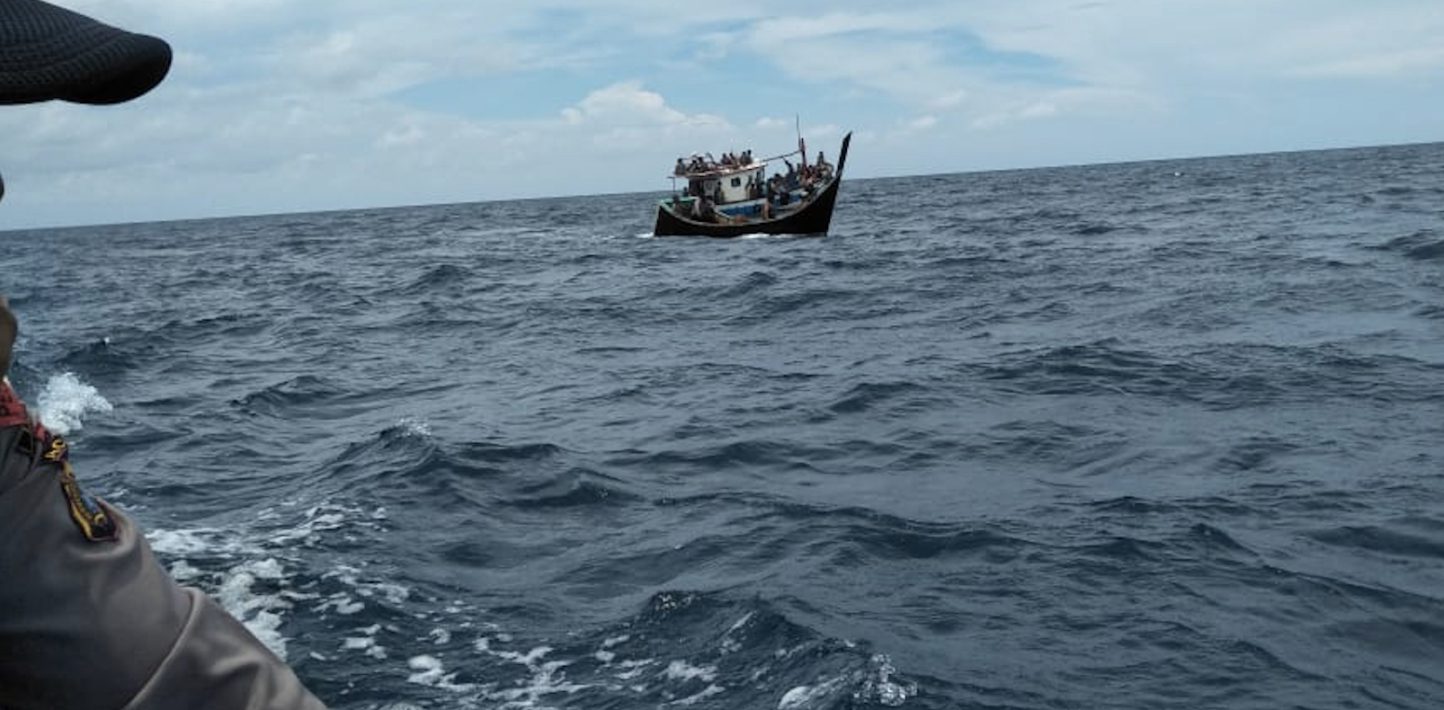Responding to the report that a boat carrying dozens of Rohingya refugees is adrift and likely in distress in Aceh waters, Amnesty International Indonesia Executive Director Usman Hamid said:
“We are urging the Indonesian authorities to rapidly ensure rescue, disembarkation and protection for the refugees. These children, women and men have likely been at sea for weeks, if not months, and their basic needs, such as food, clothes, water, medicines and proper shelter, must be met.
“This is just the latest moment in the continuing ordeal of Rohingya people stranded at sea. As well as urgently ensuring these people’s safety, the Indonesian government must initiate intensive communication with country leaders in ASEAN and the Bali Process to rescue all of the people still stuck on perilous boats. Too many people have died undertaking these journeys – it’s time for leaders to step up and save lives.
“In the time of Covid-19, we also urge all countries in the region to ensure the well-being of refugees and not to send back them to sea. Reports of such plans in Malaysia are hugely alarming. Under international law, all countries have the obligation to protect and rescue people at risk of serious harm. Refusing to rescue them or – even worse – putting traumatized people back on boats and sending them into dangerous waters – are clear violations of international law.”
Background
Police authorities in North Aceh have said that they have spotted 94 Rohingya refugees, mostly women and children, on a boat in the coastal area of Seunuddon Beach.
Other sources have told Amnesty that the number of refugees could be as high as 145 people, and that they were first seen by nearby fisherman who found their boat to be in distress.
The Indonesian office of UNHCR has confirmed the case to Amnesty.
Crimes against humanity continue against the estimated 600,000 Rohingya still living in Rakhine State, Myanmar. And after several waves of brutal military operations in 2016 and 2017 which forced them to flee, nearly 1 million Rohingya live in crowded refugee camps in Bangladesh, dependent on humanitarian assistance for their survival.

